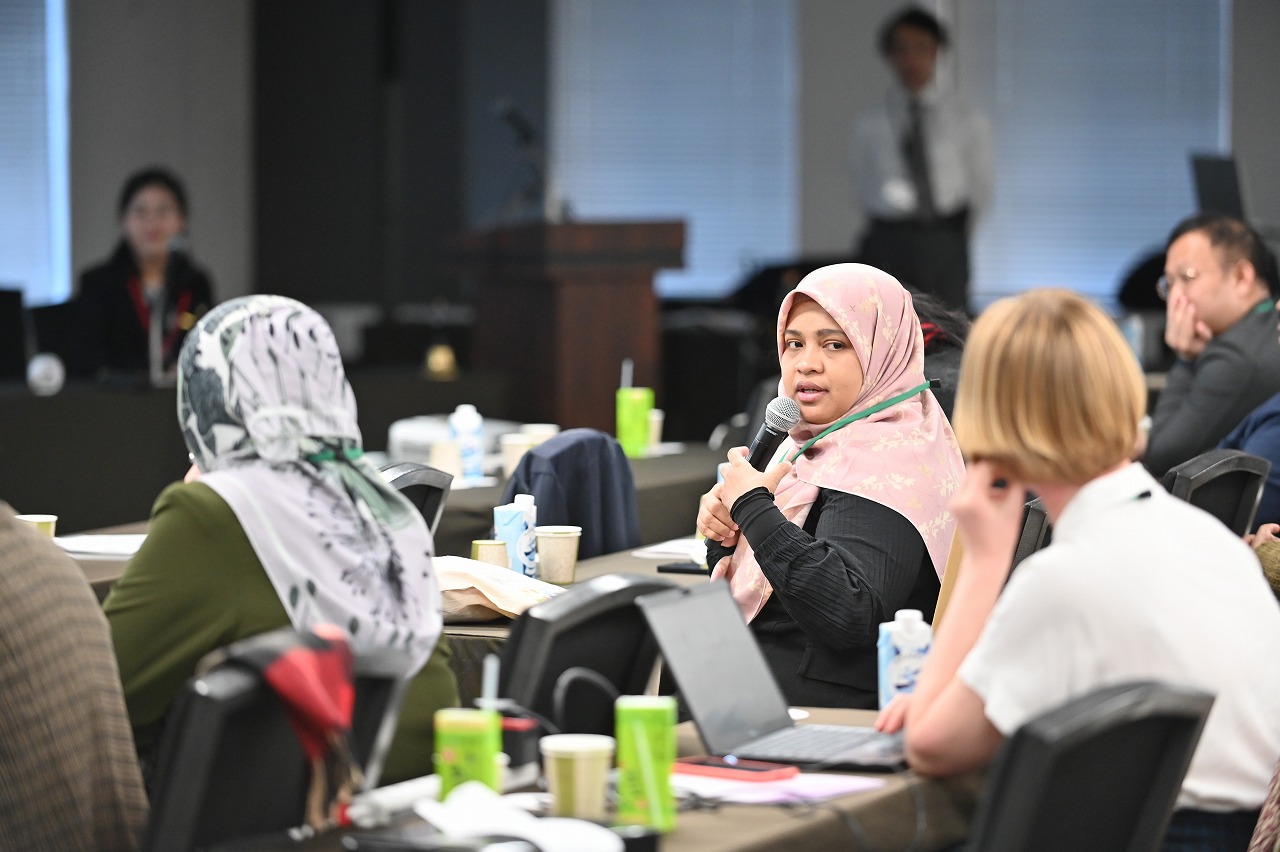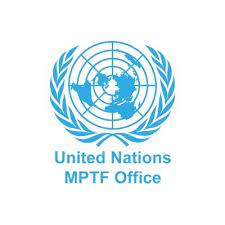
United Nations Multi-Partner Trust Fund
The Antimicrobial Resistance Multi-Partner Trust Fund (MPTF) combats the threat of antimicrobial drug resistance through strategic collaboration, sustainable streams of capital, and Sustainable Development Goal-focused responses that support localised ‘One Health’ National Action Plans. The MPTF project contributes to key strategies defined by the National Strategy and Action Plan for Antimicrobial Resistance Containment in Bangladesh (2021-2026).
Bangladesh is a high-risk hotspot for antimicrobial resistance (AMR), exacerbated by high population density, poor sanitation, and widespread antimicrobial misuse across human, animal, and environmental sectors. Weak infection prevention and control, limited access to sanitation and handwashing, and widespread availability of watch and reserve group antibiotics have contributed to the growing resistance. Misuse/overuse is further driven by unethical pharmaceutical promotion and weak regulatory oversight. Resistant pathogens are now found in hospitals, communities, farms, and the environment, posing both national and global health threats.
Bangladesh has shown strong political will to address AMR, adopting a One Health approach in its National Action Plans (2017–2021 and 2021–2026), supported by multi-sectoral committees since 2012. Achievements include national AMR surveillance and consumption monitoring systems, stewardship pilot programs, national guidelines on antimicrobial use (AMU) and infection control, and extensive awareness-raising efforts, especially during World AMR Awareness Week (WAAW).
Despite this progress, gaps remain—such as weak coordination, limited stewardship activities, lack of integrated surveillance systems capturing both public and private sector, poor waste management, and insufficient laboratory capacity.
The Antimicrobial Resistance Multi-Partner Trust Fund (MPTF) combats the threat of antimicrobial drug resistance through strategic collaboration, sustainable streams of capital, and Sustainable Development Goal-focused responses that support localized ‘One Health’ National Action Plans. Bangladesh Quadripartite, FAO Bangladesh, UNEP, WHO Bangladesh and WOAH, has a strong joint commitment to implement the “Bangladesh Quadripartite Response to Combat AMR” Project to ensure a coherent “One Health” approach, recognising that human health, animal health, and the environment are interconnected.
Period: August 2022 to August 2025
Outcome objectives:
Activities and outputs:
2025
2024
Development partners
Government counterparts

